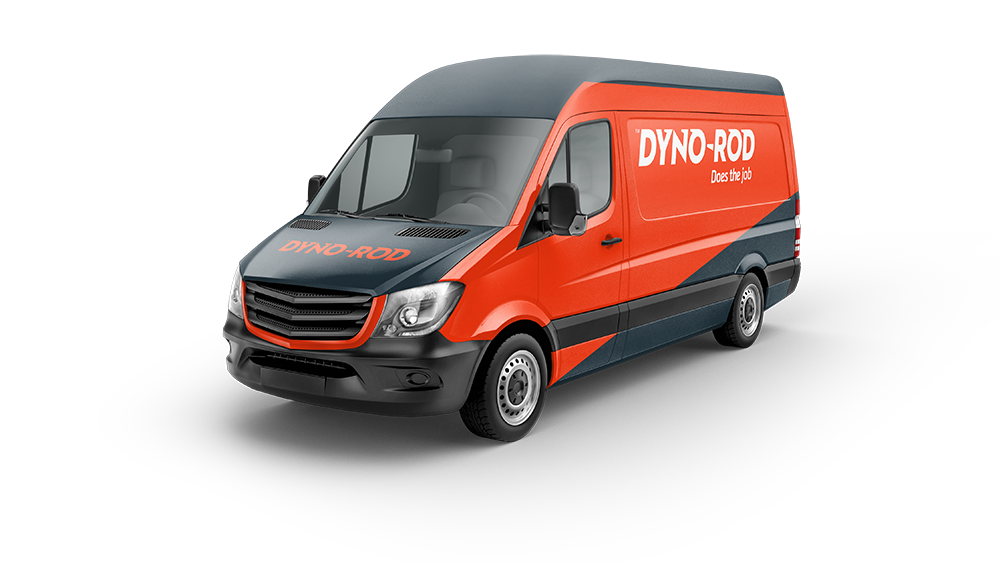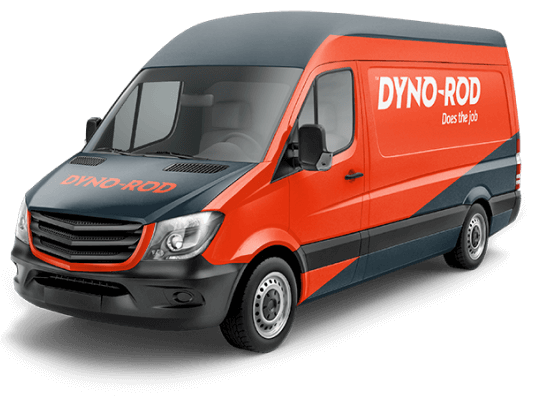Flood protection valves act as a physical barrier. It protects your building from issues with the public drains by acting as a one-way system. Your drains allow sewage and wastewater to easily pass from your building to the public sewer. Using gravity, water flows from your property to the main drains. But if, for any reason, the public sewerage system is backed up resulting in your drains becoming lower than the water level, you can be in trouble. This can happen for many different reasons, such as flooding or heavy rainfall. Or from blockages in the infrastructure caused by grease build-up.
When this happens, anything connecting to the sewer is at risk. Your drains are designed to let wastewater into the main drainage system. But without a backwater valve, there’s nothing stopping sewerage from going in the other direction. Your building is at risk. Sewage can make its way into your building through showers, toilets and sinks. Even through washing machines and other facilities that you may have. You are especially vulnerable if you have a basement, as at a lower level there is a much greater risk.
How Flood Protection Valves Work: The Kessel Backwater Valve
There are many types of flood protection valves on the market. But since a valve only needs to fail once to cause severe damage, it’s essential that it functions correctly at the time when you need it most – when backwater occurs. This is why we stand behind Kessel products. Kessel’s backwater valve is a great piece of engineering. Coupled with a module design that allows you to do far more than with traditional systems, we often recommend these to our clients. When it’s installed correctly, Kessel’s backwater valves can prevent an incredible amount of costs and damage to your property for decades to come.
Kessel’s backwater valve works wonderfully when combined with some of their other modular systems, such as lifting stations, which can allow you to continue using your drains even when the public system is overloaded. It does this because the backwater valve closes. When this happens, you’d normally be unable to use the drains. This can be a problem for any building – but especially for commercial properties or home properties where flooding is common, and where you have facilities in place that must be used at all times.
If you have any questions about our services, you can always give us a call on 1800 437 246

